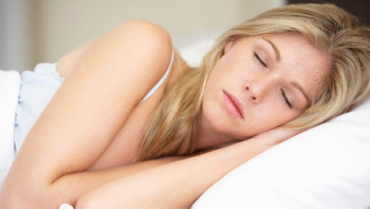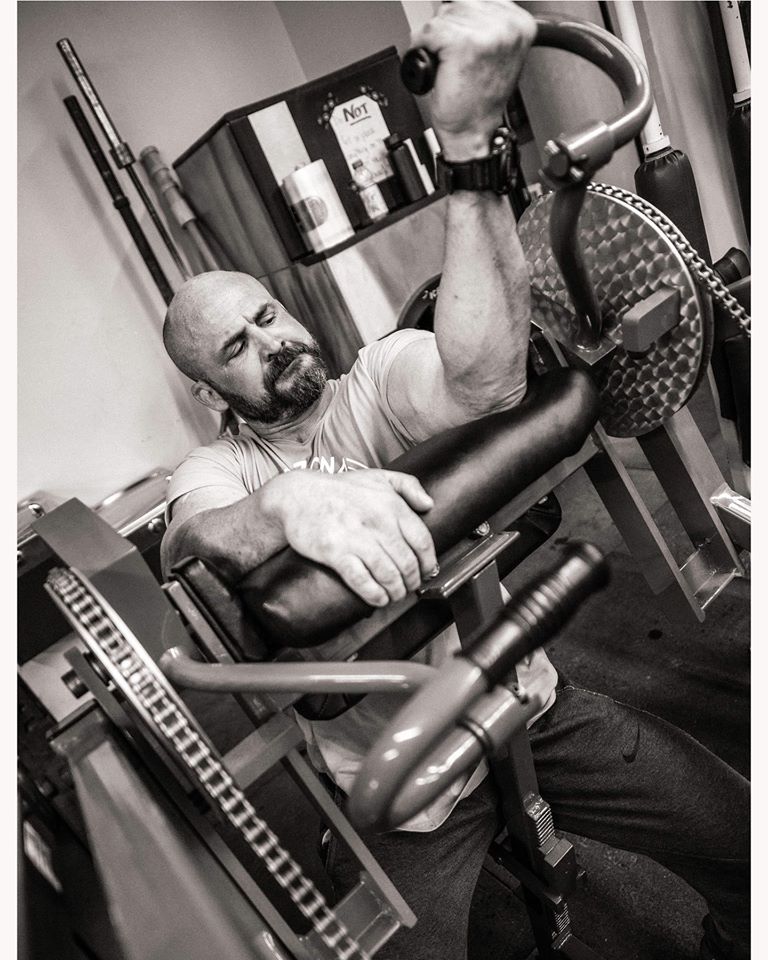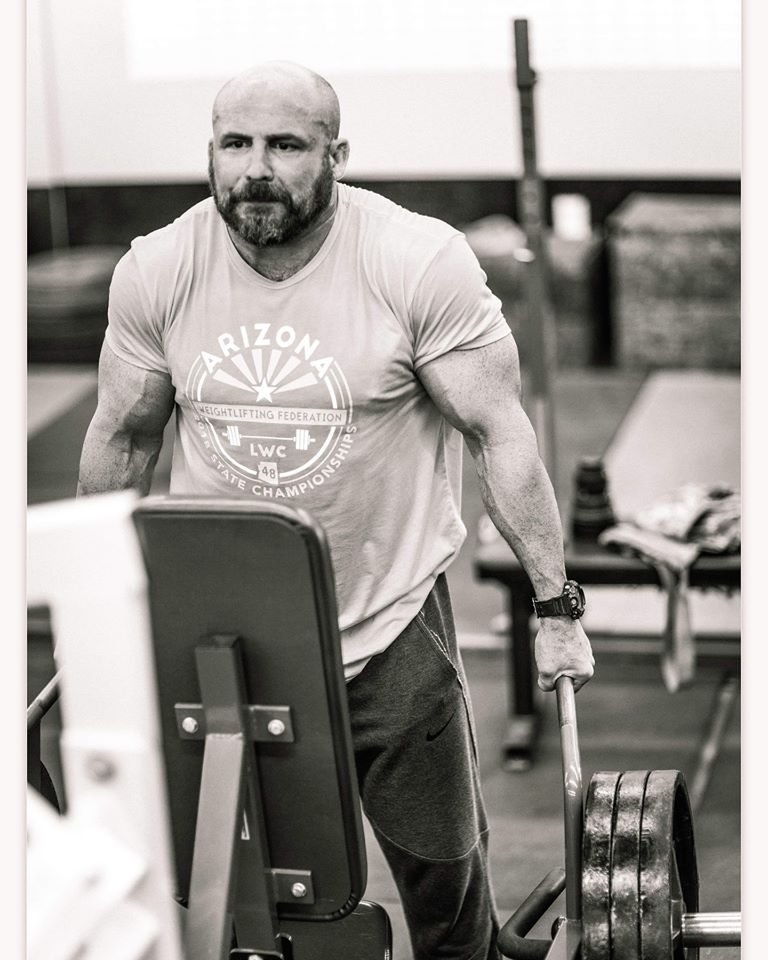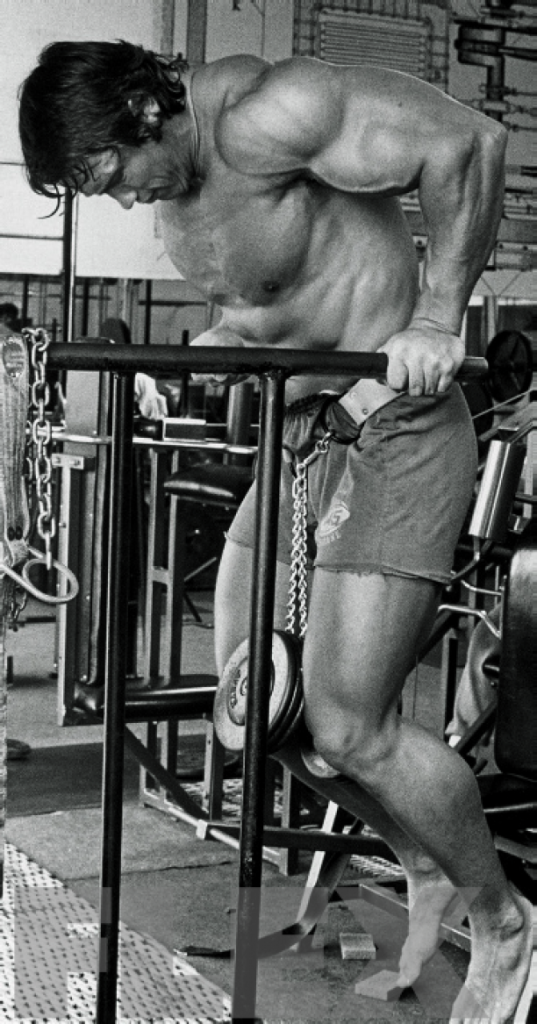In the most basic terms, Hypertrophy refers to an increase in the size of a…

Why You Should Be Sleeping More
By Ryan Conley
What if I told you that something you take for granted could actually be the biggest component to recovery? Does that get your attention? I’d hope so, considering it affects your endurance, accuracy, attention, memory, and athletic performance. This great secret that I am alluding to is sleep.
The reason for sleep and why we require it is still relatively unknown, but it’s necessary for survival just like water and food. Unlike water and food though, people are searching for ways to get less sleep in hopes of increasing productivity. By the end of this article, I plan to convince you to indulge in more sleep and hopefully start seeing some PRs in the gym.
Our culture has this attitude that if you are not getting sleep you are tougher or you work harder than others. The cost to the body, however, far outweighs the benefit of a few more waking hours. Research shows that athletic performance deteriorates with even mild sleep deprivation (4-5 hours compared to the 7-8 that an average adult should get). Losses occur across several different metrics including speed, endurance, and performance accuracy in sports such as tennis or even darts (yes, some people consider darts a sport). Decreased sleep is linked to injury risk, illness susceptibility, weight retention, and pain intolerance. Tell me, how can you train if you are sick or injured?
The only metric that I was unable link definitively to sleep loss was strength. One study found that subjects had at most a 20lb drop in their bench presses (over the course of 4 days on a restricted sleep program) while another study determined that there was no difference in strength despite increases in fatigue and sleepiness. So, the verdict may still be out on that one.
The thing is, I am not asking you to sleep for 12 hours (like Lebron James who reportedly sleeps that much every day). There is actually limited data on expanding sleep to elevate athletic performance. Most adults need 7-9 hours of sleep per night, and while not yet tested, it is suggested that athletes need comparably more sleep than non-athletes to ensure adequate recovery from training. I once had a professor who said if she could only have one choice between a healthy day of eating, a great training session, or a full night of sleep, she would choose sleep because it would have the biggest impact on her health. So start making sleep a priority and discover the benefits for yourself.
Strategies to Optimize Your Sleep
-Track your sleep patterns for two weeks. If it averages under seven hours, try sleeping an extra 30- 60 minutes and see how you feel.
– Ensure that your sleeping environment is cool, dark, quiet, and comfortable. Sleeping in conditions that are too warm or bright can disrupt the body’s internal clock and lighten sleep.
– End caffeine use by lunch due to its long-lasting effects (3-7 hours).
– Alcohol consumption should be limited or avoided 3-4 hours prior to sleep.
– Tablet or phone use prior to bed can impact melatonin release. Install f.lux on your computer and smartphone or purchase blue blocking glasses (these will definitely make you look attractive at night).
– Maintaining a regular sleep schedule helps to optimize the circadian rhythm. Waking up in the morning at the same time is actually more important than going to bed at the same time.
– Winding-down activities may be useful in helping prepare for bed. These should be relaxing, pleasant, and non-productive activities.
References
Simpson, N. S., Gibbs, E. L., & Matheson, G. O. (2016). Optimizing sleep to maximize performance: implications and recommendations for elite athletes. Scandinavian Journal of Medicine & Science in Sports, 27(3), 266-274. doi:10.1111/sms.12703
About the author
Ryan Conley CSCS, is a current Student Doctor of Physical Therapy and has been in the health and fitness industry for over 10 years. He can be contacted at [email protected].


